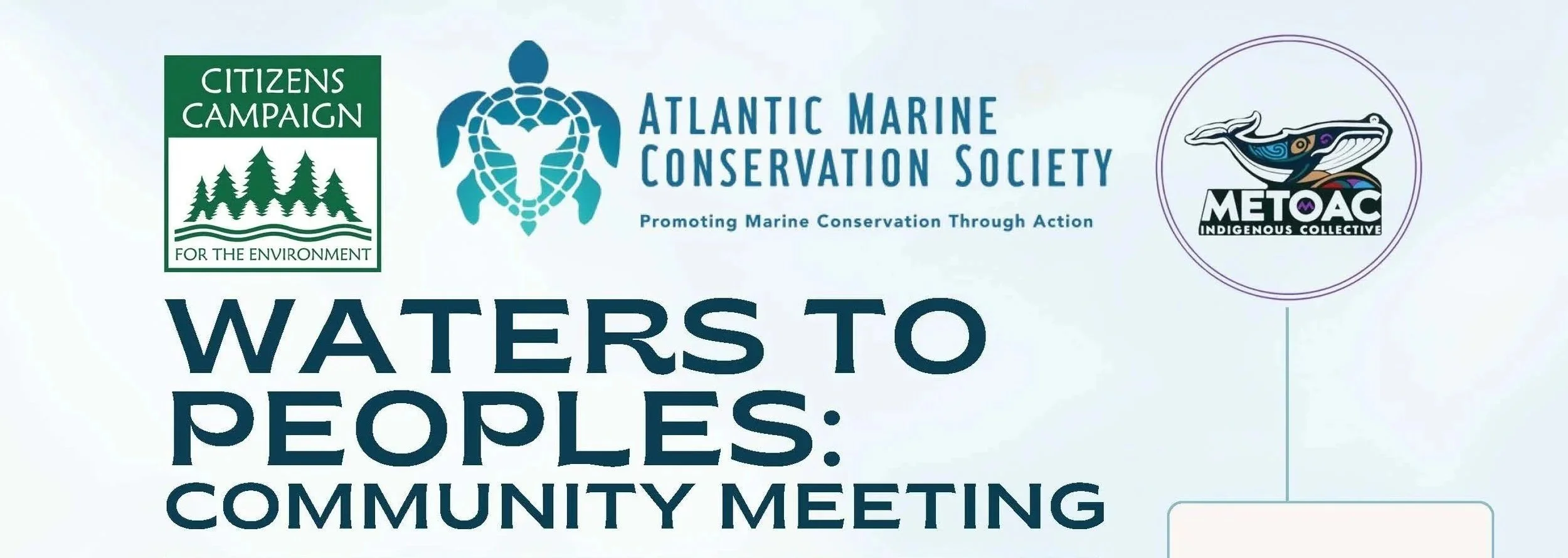SOURCE:
https://www.newsday.com/long-island/environment/1-4-dioxane-household-products-1.28968339
The chemical, designated by the U.S. Environmental Protection Agency as a likely carcinogen, has been found in dozens of Long Island drinking water wells.
Adrienne Esposito, executive director of Citizens Campaign for the Environment, with Tide Original laundry detergent, which has among the highest levels of 1,4-dioxane, on July 9, 2018, in Farmingdale. Photo Credit: Joseph D. Sullivan
By David M. Schwartzdavid.schwartz@newsday.com @schwartznewsNYUpdated March 26, 2019 11:00 AM
Tests found the chemical 1,4-dioxane in 65 of 80 household products, including baby products, shampoos, detergents and body washes, according to a study released Tuesday.
The products with the highest levels include Victoria Secret’s shower gels, Tide Original laundry detergent and Dreft (Stage 1/Newborn) baby laundry detergent, according to the test commissioned by Citizens Campaign for the Environment, a Farmingdale-based group that is pushing a statewide ban of 1,4-dioxane in household products.
1,4-dioxane, designated by the U.S. Environmental Protection Agency as a likely carcinogen, has been found in dozens of Long Island drinking water wells, and water providers have estimated it will cost $840 million to install treatment systems.
While 1,4-dioxane is primarily associated with industrial solvents, the chemical is also found in household products as a byproduct from the manufacturing process.
“It’s a critical concern for contaminating our groundwater and drinking water,” said Adrienne Esposito, executive director of Citizens Campaign for the Environment, who added it also could be a concern for skin exposure. "We really were shocked at some of these results."
A study in July by the group found 23 of 30 products contained 1,4-dioxane.
Manufacturers said their products are safe to use and called the study a “distraction” from the real issue with 1,4-dioxane, which is industrial sites.
“Consumers can feel confident in the safety of their favorite and highly trusted household products,"James Darr, manager of state government relations and public policy for the Household & Commercial Products Association, said in a statement Tuesday. "The evidence clearly shows that they are not the source of Long Island’s decades-long water contamination issues.”
No federal or state standard exists for the amount of 1,4-dioxane that can be contained in household products, Esposito said, though she said one recommendation from the European Union was not to use products that contain 1,000 parts per billion of the product. According to the report released Tuesday, products tested contained up to 17,000 parts per billion of the contaminant.
Lifelong exposure to 0.35 parts per billion of 1,4-dioxane in drinking water represents a 1-in-a-million cancer risk, according to the EPA. In December, the panel of state health and environmental officials, water providers and academics recommended a drinking water standard of nearly three times that — 1 part per billion for 1,4 dioxane.
Citizens Campaign for the Environment tested 80 products bought at Long Island stores and found the chemical in both high-end products and less-expensive alternatives, and products for men and women. Esposito said that on the positive side, many of the products marketed as environmentally friendly had no detectable levels of 1,4-dioxane.
"A lot of these green products really are green," she said.
She said the group originally tested the household products after seeing 1,4-dioxane contamination in drinking water supplies in areas without a history of industrial use.
The products were tested by ALS Laboratory in Rochester, New York, which is certified by the state Department of Health and can detect down to 25 parts per billion.
The products with the highest levels of 1,4-dioxane were Victoria's Secret Bombshell Body Wash, Victoria's Secret Love Body Wash, Tide Original Detergent, Ivory Snow 2X Ultra Detergent, Dreft Stage1/Newborn Detergent, Gain Original Detergent, Tide Simply + Oxi Detergent, The Home Store Lemon Scented Dish Soap, Baby Magic Hair and Body Wash, Up&Up (Target) Free + Clear Dish Soap, Persil Original Detergent, Pantene Pro-V Nature Fusion Shampoo.
Environmentalists and water providers are pushing to ban 1,4-dioxane from products as state health officials have said they plan to set an enforceable drinking standard for 1,4-dioxane.
Removing 1,4-dioxane from drinking water is costly and expensive. Only one system in New York — owned by the Suffolk County Water Authority — has been approved for use in a drinking water system. There's no way for households to remove the chemical on their own, experts said.
This is a developing story. Check back for updates.


